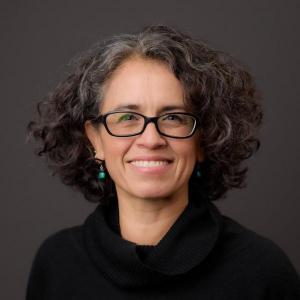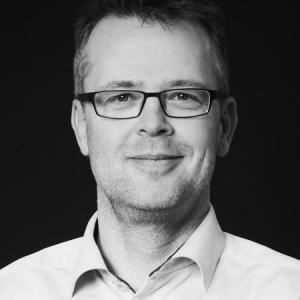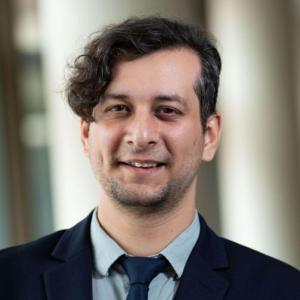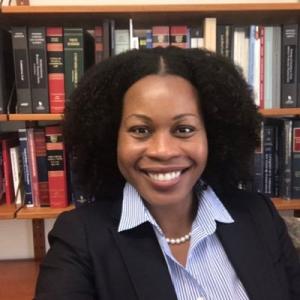Short description:
Marcia Moreno-Baez teaches courses on the applications of Geographic Information Systems (GIS) in different international settings and topics. She has diverse professional experience in the government and private sectors, NGOs, and academia. Marcia’s research has considered topics in geospatial technology applied on conservation planning, restoration, small-scale fisheries, science communication, citizen science, data visualization, and participatory mapping. During her time at Scripps Institution of Oceanography, she helped develop and establish a collaborative program with small-scale fishing communities to generate crucial spatio-temporal data that resulted in an active stakeholders’ participation in decision-making processes, policy development, and science. Simultaneously, Marcia co-founded dataMares (https://datamares.org/), an initiative that aims at facilitating access to scientific knowledge while promoting transparency, education, and a deeper understanding of ecosystems and their biodiversity, where she currently serves on the advisory committee. Marcia’s current research include applications of geospatial technology to problem solving on blue economy and energy on coastal communities.
Short description:
Full professor of law at Alexandru Ioan Cuza University of Iasi, Director of the Jean Monnet Chair European Financial Regulation EUFIRE (www.EUFIRE.uaic.ro)
Her research and teaching fields of interest are EU business law and taxation, in particular the legal framework for insuring fiscal responsibility and European harmonization of legal systems. Her habilitation thesis, defended in February 2019, approached the regulatory dimension of public policies for business environment in European Union.
Short description:
Elsie Onsongo is the Manager of the International Centre for Frugal Innovation – Kenya Hub. Her research interests relate to innovation for inclusive development in sub-Saharan Africa, with a current focus on frugality, inclusion and sustainability in energy, health care, and urban development. Elsie has a PhD from Friedrich Schiller University Jena, Germany, and she previously worked as a postdoctoral researcher at the International Institute of Social Studies of Erasmus University Rotterdam, The Netherlands. She has been a visiting research fellow at the Science Policy Research Unit (SPRU), University of Sussex, UK, and has worked at Strathmore University in Kenya in various teaching, research and administrative capacities.
Short description:
Georgios A. Antonopoulos is Professor of Criminology at Northumbria University Newcastle (UK). He has taught at Teesside University and at the University of Durham. Previously he was visiting fellow at Sheffield University and at Vrije Universiteit Amsterdam. A former local government officer, he has worked in partnerships providing strategic direction to community safety partners with the aim of coordinating criminal policy. He has led and managed projects funded by the European Commission, the Economic and Social Research Council, and the British Ministry of Justice.
Short description:
Aashraya is a fulbright scholar, an award-winning social innovator, founder of Impact91 and non-profit projects like STEMinism in India, Happy Periods India, among others, most of which acts as a case study for MENA and ASEM countries. He has led several development projects of the British, Indian, and Australian governments and was recently placed amongst the top-80 social innovators in India and top-50 emerging policy leaders in the world.






